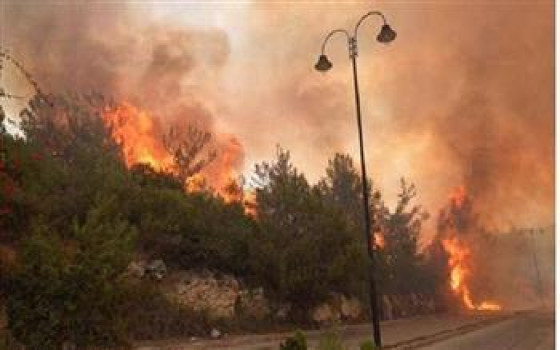
European countries face hurricanes and floods, while others suffer from forest fires

- Europe and Arabs
- Friday , 20 September 2024 12:9 PM GMT
Brussels - Capitals: Europe and Arabs - Agencies
Several European countries are facing floods and hurricanes, while other countries are suffering from forest fires and the devastating effects of all this. According to media reports, Portugal is suffering from the worst wave of fires in the past decade, and fire and emergency departments are fighting more than 100 active fires, as the fires have so far destroyed more than 10,000 hectares and caused the death of 5 people, according to the National Emergency and Civil Protection Authority (ANEPC).
The fires have destroyed most of the central and northern regions since September 14, and authorities said that the Aveiro region is the most affected by the fires, and in Agueda, the situation has gotten out of control, and in Sever do Foga and Oliveira de Azemés, where the fire originated, more resources are also needed. According to what was reported by the Youm7 website in Cairo today, Friday,
More than 5,200 firefighters are currently working to extinguish the fires, including 270 members of the Spanish military emergency unit. In addition, the European Union’s Civil Protection Mechanism has been activated and eight firefighting aircraft from Spain, France, Greece and Italy have been deployed.
The forest fires in Portugal have already released the highest level of carbon emissions for the month of September in 22 years, including harmful pollutants such as PM10 and PM2.5, according to the Copernicus Atmosphere Monitoring Service (CAMS), the climate monitoring component of the European Space Programme.
The total carbon emissions, used as an indicator of the intensity of the fires, amounted to 1.9 megatonnes of carbon as of September 18.
“The data show a clear increase in fire emissions and smoke impacts on atmospheric composition and air quality, reflecting the high intensity that has developed rapidly with these devastating fires in northern Portugal,” said Mark Parrington, senior scientist at the Copernicus Atmosphere Monitoring Service.
A significant deterioration in air quality is expected in northern Portugal over the next few days as a result of the forest fires, with PM2.5 concentrations in this area expected to remain relatively high until at least September 25.
Climate change is making extreme events like the drought currently affecting Portugal more likely and causing average temperatures to rise, factors that facilitate the spread of wildfires. The Copernicus Climate Change Service confirmed a few days ago that this summer was the hottest on record globally, both globally and in Europe.
This comes as floods continue to devastate parts of Europe while Hurricane Boris continues its path of destruction. Around 1,000 people have been evacuated in northern Italy after heavy rains and severe flooding. The floods have also claimed the lives of 24 people in Romania, Poland and the Czech Republic.
The European Union has pledged aid to the affected areas. Von der Leyen said that 10 billion euros ($11.16 billion) of EU cohesion funds would be made available and that some of the conditions that normally accompany such funds, such as co-financing by countries, would be lifted. She also said that money from the European Solidarity Fund, which supports member states affected by natural disasters, would be used to rebuild infrastructure. She also said money from the European Solidarity Fund, which supports member states affected by natural disasters, would be used to rebuild infrastructure. "This is a time of need, a time of natural disasters and we must all stand together to overcome the challenge," Polish Prime Minister Donald Tusk told Polsat radio, as Poland is set to receive €5 billion in European aid.
At least 24 people have died in severe weather conditions in central Europe since last week. Rivers have burst their banks and local authorities have urged people to stay on the upper floors of their homes or leave. Hundreds have been forced to take refuge in schools or sports centres.
In the Czech Republic, new areas were under threat as severe flooding continued, with another person reported dead in the northeast, in a badly affected area, bringing the death toll there to five.
Helicopters were distributing humanitarian aid while soldiers and emergency services were involved in clean-up and recovery efforts.
Residents of the town of Klodzko in southwestern Poland began clearing up the damage after the water level in a local river rose almost three times above the warning level. Polish Prime Minister Donald Tusk said the situation in Kłodzko was the most dramatic in the entire country. "So much rubble has been destroyed in the homes of Lower Austria's residents that there is now huge amounts of rubbish," he added. However, the large waste incinerator in Dornrohr was flooded and has been closed. The floods in central Europe, along with deadly wildfires in Portugal, are evidence of a "climate breakdown" that will become the norm unless radical action is taken, according to EU headquarters.


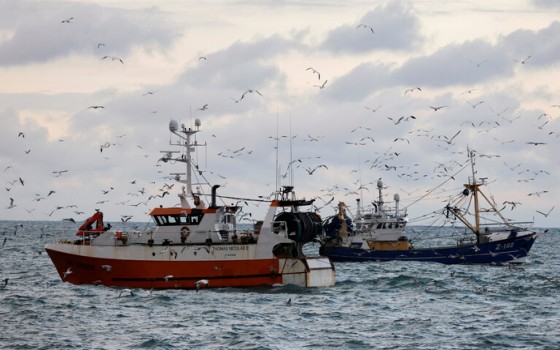

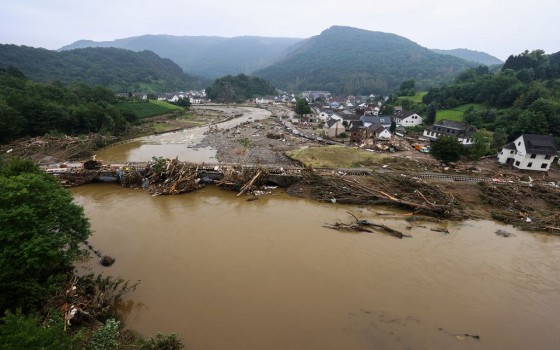
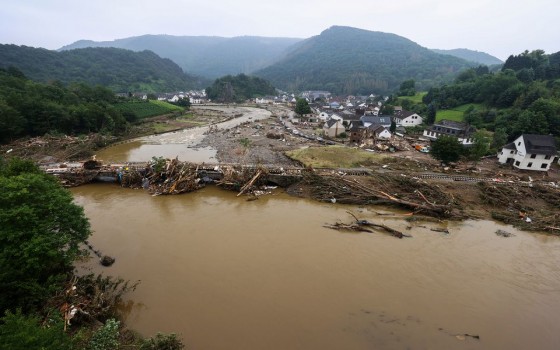


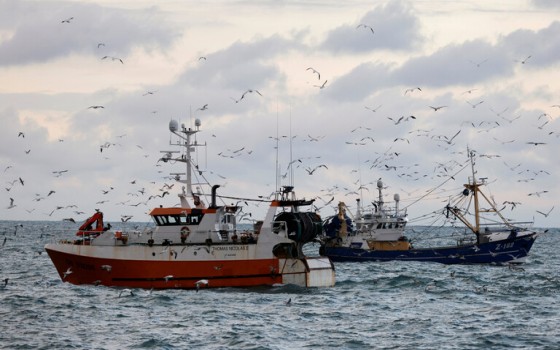



No Comments Found